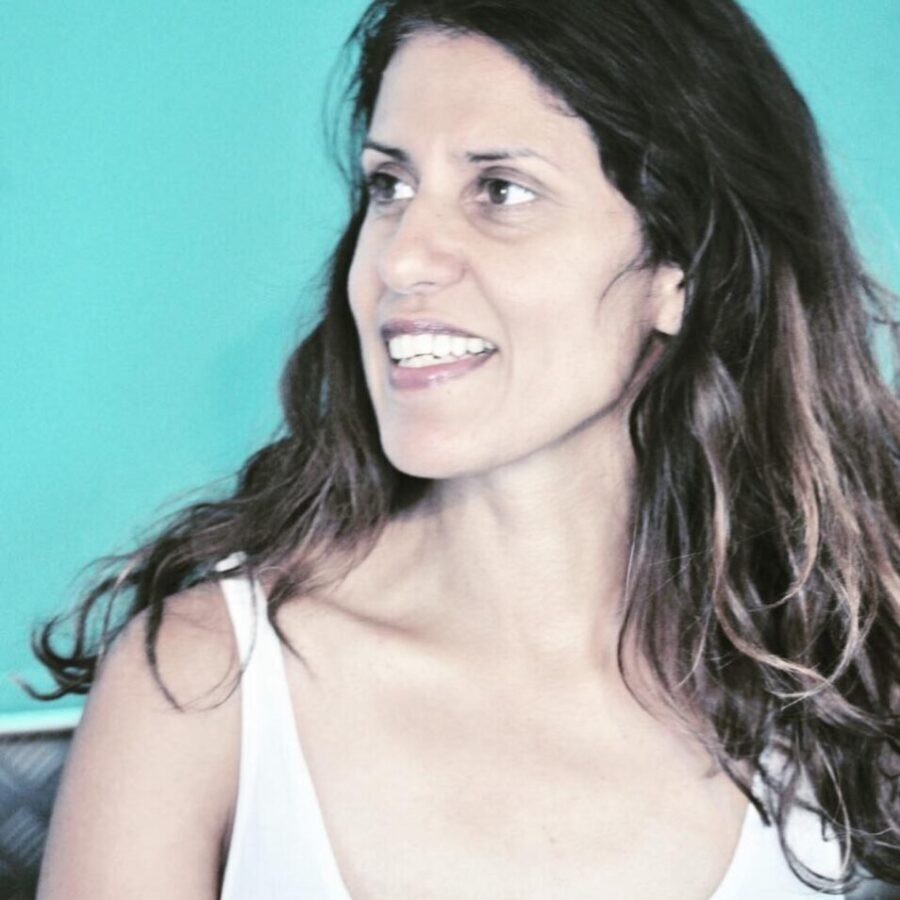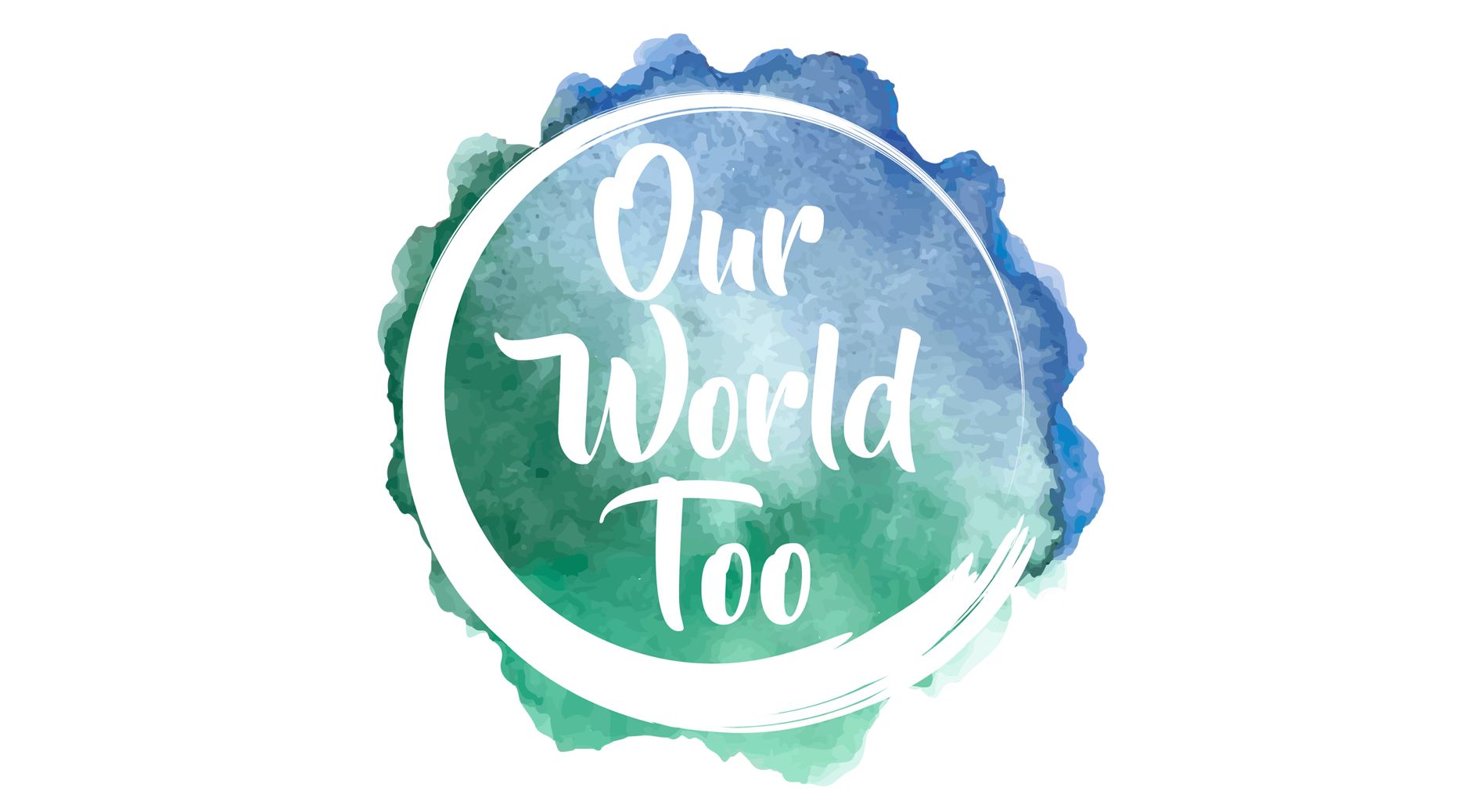The Last Queen of Scotland
‘I wanted to tell Mr Mehta. I didn’t forget my language, it was taken from me. I had to speak the Dundee banter to survive…” “Maintain identity, you can assimilate with cultures, but you must know your roots…these are the extra strengths in life…” Refugees are often criticised for their lack of or unwillingness to ‘integrate’ but because culture is often the first place they are attacked, it becomes something they guard fiercely.
“Don’t show them any signs of weakness. Never show the emotion.” Jamini was compelled to visit Uganda, the land she was expelled from. “I wasn’t planning to go mental, but it was all getting to me, Kampala city…It was raining so heavy that night. I’d had enough of it all…you know the whole Idi-Amin thing.” It’s never an easy choice to leave your home and often traumas follow refugees far beyond the borders of a country, spanning years and even lifetimes. “I was trying to picture my Mum going to school in Lugazi. I was picturing them driving that Jinja-Entebbe road to the airport…the day we left. The car being stopped by soldiers…the searches…the searches, luggage being searched, more blocks. Keep your head down and get on with it.”

